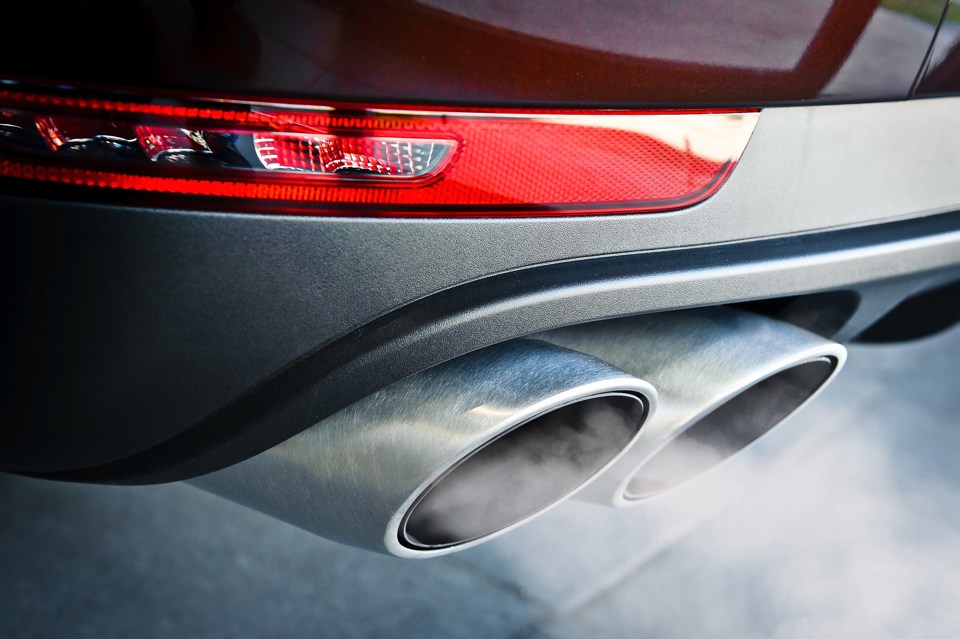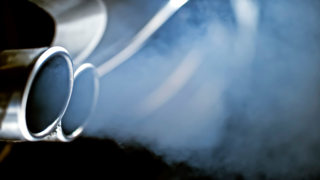Limits of nitrogen oxide (NOx) emissions from diesel cars have been agreed by EU governments, which are double the Euro 6 levels agreed back in 2007.
They have also delayed the implementation of new limits for all new cars until 2019.
Yesterday, MEPs called on the EC and member states to introduce a real-world testing programme for diesel vehicles, to ensure the level of diesel emissions met the current Euro 6 limits.
But following today's decision (Wednesday), it means all new cars from 2021 will still be allowed to emit 50% more NOx than the Euro 6 limit of 80mg/km.
National experts in the Technical Committee on Motor Vehicles (TCMV) agreed the new limits, which will now go into three-way negotiations with the European Commission and Ministers for the Environment so that a final deal can be signed in the new year.
The limits, however, will be enforced by a new real-world testing programme, which the European Commission said that the new tests will more closely resemble real road conditions.
From September 2017, new car models will have to pass the new emissions test to meet type approval.
EU Commissioner Elzbieta Bienkowska said: "The EU is the first and only region in the world to mandate these robust testing methods."
The National Emissions Ceilings (NEC) Directive will set limits to the amount of pollution every EU country can emit for 2020 and 2030. The pollutants covered in the National Emissions Ceilings (NEC) Directive are Particulate Matter 2.5 (PM2.5), ammonia, methane, volatile organic compounds, nitrogen oxide and sulphur dioxide.
Louise Duprez, senior policy officer for air pollution at the European Environmental Bureau, said: “With the Volkswagen scandal fresh in their minds, MEPs had a major opportunity to right a wrong and take action to clean up Europe’s air. In the weeks and months ahead, they have a major responsibility to secure an outcome that is going to prevent the further loss of human life.”
The Commission argued that uncertainties in the testing method justify setting a higher long-term limit but this is likely to be legally challenged, according to campaign group Transport and Environment. The decision will also be scrutinised by the European Parliament that could reject the proposed limits as going beyond the powers of the Commission and member states.
Earlier this year the Commission started infringement procedures against the UK, Germany, France and Spain, for failing to meet NO2 standards. Yet these governments, plus those of Italy, Romania and Sweden among others, pushed for the Commission to weaken its proposals, claims Transport and Environment. It is now unclear how the countries will meet the required air pollution limits. Failure to do so may result in substantial fines. Only the Netherlands voted for stronger limits.
Greg Archer, clean vehicles manager at Transport & Environment, added: “Citizens will wonder why their governments would rather help carmakers that cheat emissions tests than give them clean air to breathe. This disgraceful and legally questionable decision must be rejected by the European Parliament.
"It seems governments would rather citizens die as a result of diesel exhaust emissions than require carmakers to fit technology typically costing €100.”



















Login to comment
Comments
No comments have been made yet.